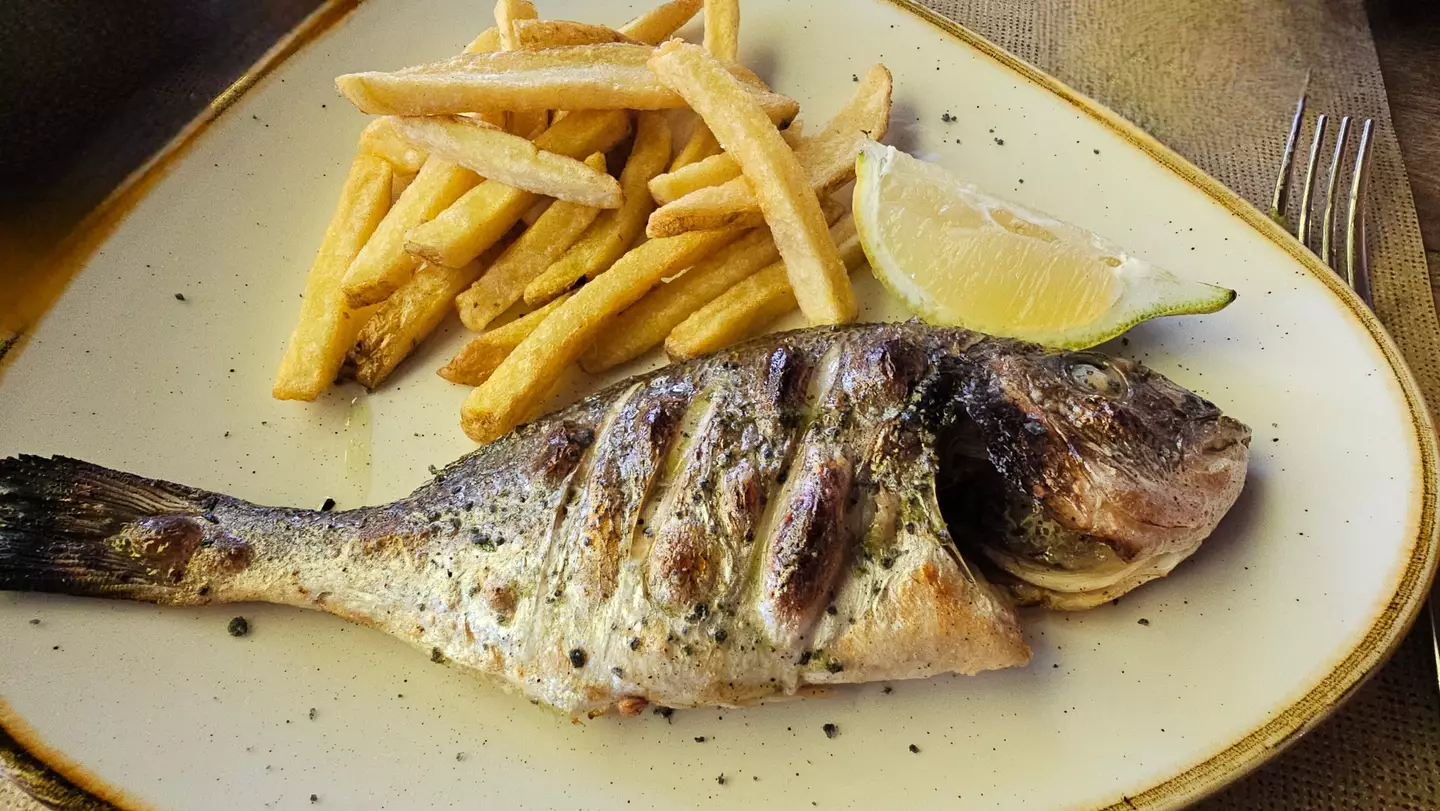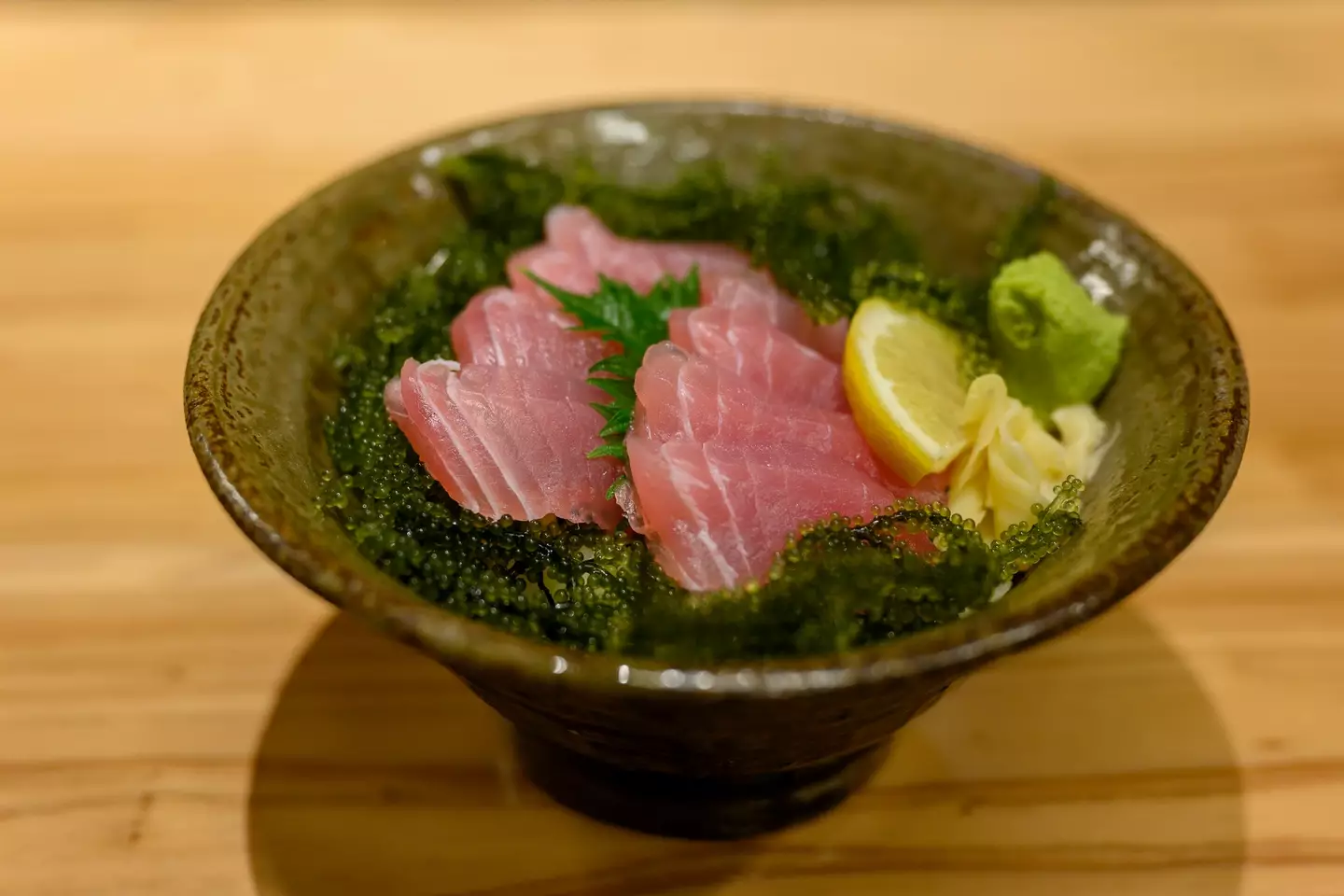Food poisoning is a quick and easy way to ruin a holiday.
It’s typically caused by bacteria like Salmonella, E. coli and Listeria, but it can be caused by practically any bacterial or viral contamination eliciting an immune response.
Generally, food poisoning presents with severe stomach cramps, diarrhoea, nausea, and vomiting. It typically clears up on its own within a couple of days, but longer infections should be checked out by a doctor.
Food poisoning can also heighten the risk of dehydration, with the diarrhoea and vomiting essentially purging fluids from your system. With that in mind, it’s vitally important to drink plenty of water and replace the lost electrolytes, especially if it’s hot outside.
Advert

That’s the situation facing some holidaymakers in the Canary Islands right now, with the alarm having been raised after a food poisoning outbreak has hit at least eight British tourists.
The Canary Islands Government's Department of Health confirmed that officials are ‘investigating a case of food poisoning on the island that has so far affected eight people’. One of the affected individuals has required hospital treatment at the University Hospital of La Palma.
The Liverpool Echo reported that public health officials have begun an epidemiological investigation to track down the source of the outbreak and are remaining vigilant to further cases.
Affected individuals reported falling ill within two hours of eating the contaminated food, with the first of those surfacing on 22 July 2025.
Tests conducted thus far have pointed to a possible histamine contamination as the root of the outbreak. Histamine is the compound released by the body in response to allergen exposure, and it’s commonly associated with hay fever. Antihistamines like cetirizine hydrochloride and loratadine work to prevent or counteract histamine release to reduce or stop symptoms.

In a food poisoning context, symptoms include a burning or itching tongue and throat, a pepper-like taste, swelling and redness in the face and neck, hot flushes, hives, headaches, dizziness, abdominal cramps, nausea, vomiting and diarrhoea.
Histamine contamination is typically linked with improper fish storage.
Back in 2023, Spanish authorities reported 35 separate histamine outbreaks that affected at least 275 people. One of those incidents account for 154 cases.
Once histamine has formed within mishandled or poorly-kept fish, cooking it doesn’t break the compound down.

To protect yourself against the worst of histamine poisoning, Travel and Tour World shared are a few tips to follow:
1. Verify where your fish has been sourced from and avoid informal eateries or food sellers.
2. Keep an eye out for local health alerts.
3. Read up on the symptoms so you can identify the problem should you be unlucky enough to come down with histamine poisoning.
4. Practice good food hygiene and ask about food handling practices at restaurants and cafes serving fish.
5. Make sure you have travel insurance set up for the duration of your trip.

